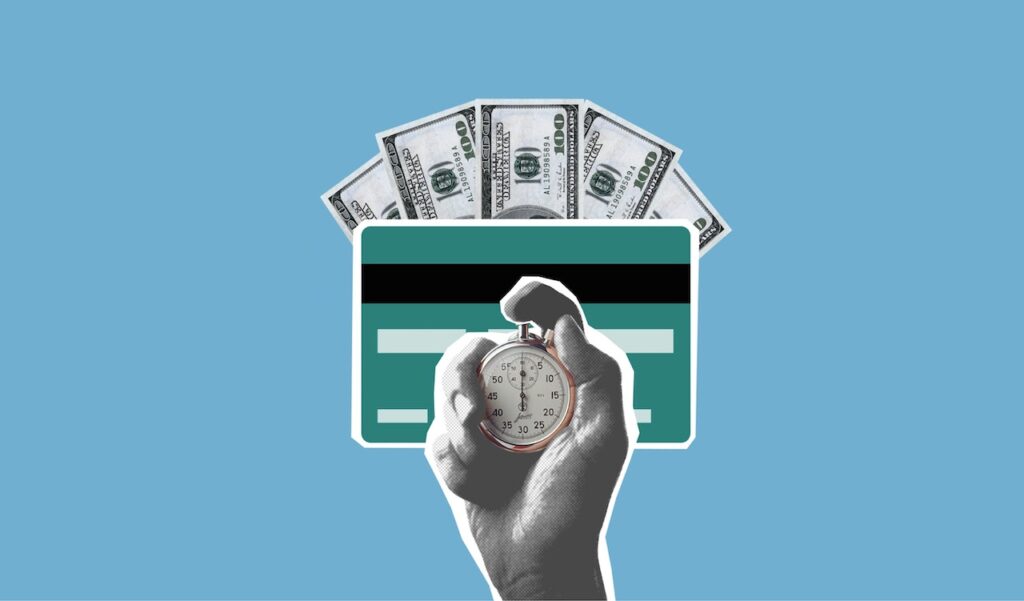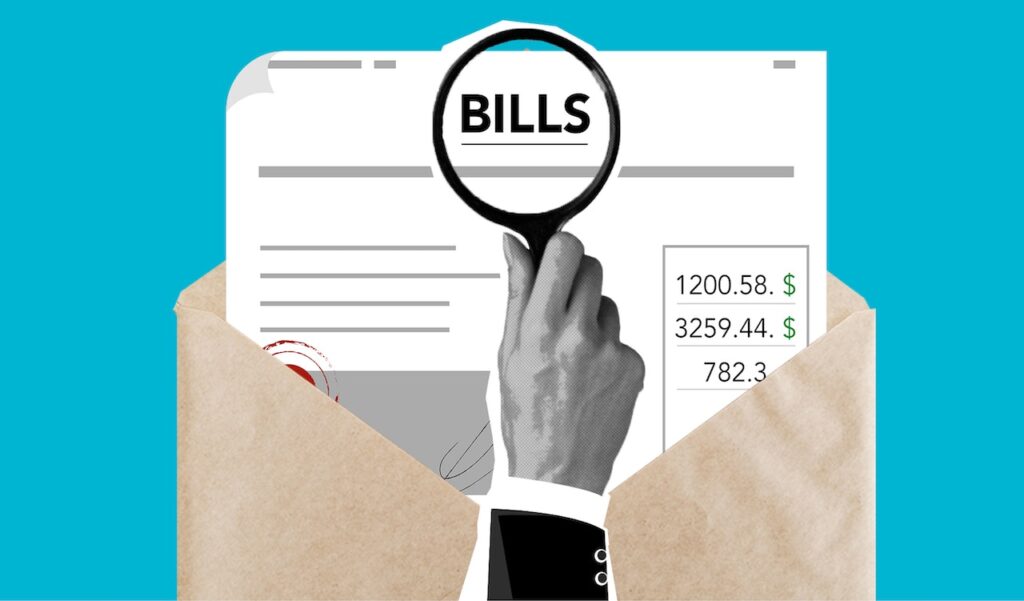Career
What Are The Reasons Americans Don‘t Save More for Retirement
Why Americans are not saving money for retirement?
Published
3 years agoon
By
Mario
Most of us put in at least four decades of hard work in pursuit of a comfortable retirement. The prospects of today’s workers retiring with a comfortable lifestyle are relatively slim, despite the fact that they would presumably wish to.
That’s because 42% of Americans currently have retirement savings of less than $10,000, and roughly 14% have no savings at all. Just 16% of working individuals had $300,000 or more saved for retirement, according to GOBankingRates, which also found these statistics.
Furthermore, only one-third of baby boomers have more than $10,000 saved for retirement, which means they need more time to accumulate adequate nest eggs.
So why aren’t more of us saving more effectively? Here are the main justifications given by Americans for not using their retirement savings, all of which are utterly untrue.
64% of Americans Will Retire Penniless

Nearly half of respondents (46%) stated they had no money saved for retirement, and 19% indicated they would be retiring with less than $10,000.
If the current patterns continue, 64% of all Americans will effectively retire insolvent. Twenty percent will be able to retire with anything between $10,000 and $100,000. Let’s say that the remaining people have more space to maneuver, thanks to their retirement money.
What Amount of Money Have Americans Saved For Retirement?

Although that percentage decreased with age, the most common response among respondents of all ages was “zero dollars.”
Unsurprisingly, those who are older have more money saved because they have more time and possibly more options. When it came to having no retirement savings, men and women were tied at 46%.
Men, however, have more money than women in almost every saving category. This can be the outcome of an investment gap as well as the fact that men typically earn more than women.
Five Reasons Why Americans Aren’t Currently Saving For Retirement
They Don’t Earn Enough To Put Money Aside

The average American under 65 earns $46,409 annually, so most people can’t afford to contribute the maximum allowed by their 401(k) plans, which is either $18,500 or $24,500, depending on their age.
But you can still put something away for the future. The amount you would have after 40 years if you had saved just $100 per month and invested it at a 7% average yearly return would be over $240,000. If everything else remains the same, make it $200 every month, and you’ll have $479,000.
The belief that their meager contributions won’t have an impact discourages many workers from saving for retirement. However, it will go a long way if you save consistently over time.
They Won’t Need To Save For Retirement
Many people think they can rely solely on Social Security to cover their retirement expenses. But there are a number of issues with that.
First off, most people require approximately double that amount to maintain a decent standard of living after leaving the workforce. Yet, Social Security is only intended to replace around 40% of the average worker’s pre-retirement salary.
Second, Social Security is experiencing financial difficulties that, if not resolved, might lead to payment reductions as early as 2034.
All of this suggests that depending solely on Social Security without independent savings is a terrible idea that might push you well below the poverty line, just like it does for so many seniors today.
They Are Putting Paying Off Debt First

To be clear, paying off debt makes financial sense when you have a sizable credit card load. However, that does not imply that you should neglect to save for your retirement.
You run the danger of needing more money down the road if you overlook your nest egg in an effort to pay off your debt. And that might result in — you guessed it — more debt in the future.
A better option? Divide the monthly amount you pay toward your debt in half and invest half of the remaining amount in an IRA or 401(k).
There Is No Retirement Plan Offered By Their Employer
Inaccessibility to an employer-sponsored 401(k) is thought to affect about 21% of the workforce (k). And that’s unfortunate because not only do 401(k)s provide seamless contributions, but their generous yearly limits much outweigh those of IRAs (Individual Retirement Accounts).
Having said that, the fact that you don’t have a retirement plan shouldn’t be an excuse to neglect your investments since everyone with a source of income can contribute to an IRA.
Additionally, there are now $5,500 and $6,500 annual IRA contribution caps for workers under 50, respectively. If you max out each year, you’ll have more than enough to create a sizeable nest egg.
Already Having Trouble Paying Their Bills

Numerous workers nowadays struggle to make ends meet; while some of this is due to poor wages, for many, the problem is excessive spending.
Consider cutting your costs before telling yourself there isn’t any place in your budget to squeeze out some retirement savings. Examine your spending, choose which items to decrease, then deposit the savings.
By taking this path, one can not only start saving for retirement but also relieve some of the current financial stress.
Final Note
Finding justifications for not investing for retirement is relatively easy. Which would you prefer—toiling as a senior or retiring with dignity?
It’s time to quit making justifications and start acting if the latter seems more tempting. Even if you haven’t saved a penny up to this point, the sooner you act, the better your prospects are of saving for retirement.
You may like
-
How to Prepare For A Recession If You Are Retired
-
How to Handle Financial Anxiety | Best Ways to Manage Financial Anxiety
-
How to Teach Your Children About Financial Responsibility | Increase Money Awareness in Children
-
How to Recession-Proof Yourself
-
Ultimate Money Goals That You Must Achieve Before You Retire
-
Why Self-Discipline is Crucial for Financial Success

Best Problem-Solving Strategies In Business

How to Start Affiliate Marketing Through Amazon

How to Plan A Wedding On A Budget

10 Reasons Why Budgeting Is Important














